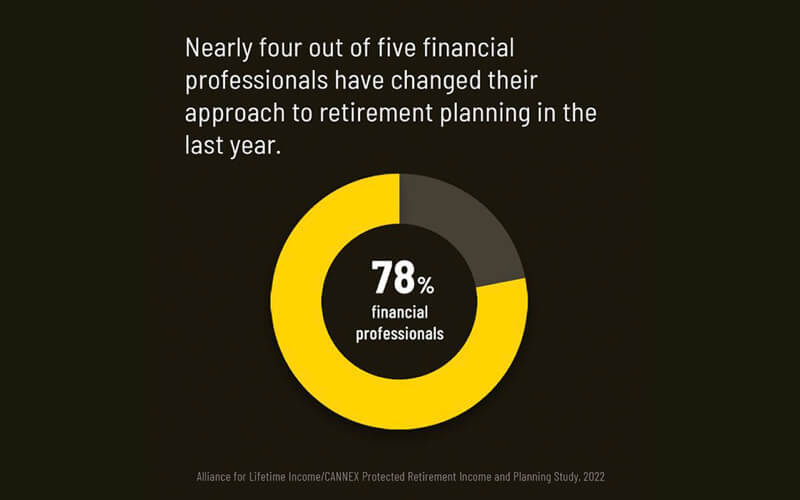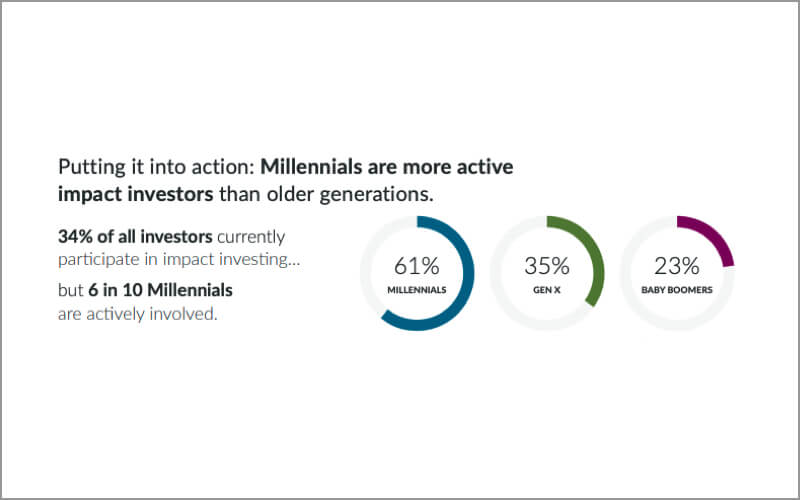At the gym I go to, not quite as frequently as I should, they recently decided that their aging lockers needed a new system of locks. Instead of replacing the card system managed by the gym, members were simply told to buy themselves a lock.
This seems a fitting analogy to changes in the way our consumer society is changing the way it allocates responsibility in a variety of realms.
Ever since the creation of the defined contribution retirement plans in the U.S. Tax Code in 1978 (including 401Ks and more), the responsibility for managing one’s financial circumstances in retirement has been changing. As a result, the proportion of Americans covered by a defined benefits plan—something managed by a large institution and providing an assured payout—has declined to just over one-quarter of adults, while everyone else needs to take more personal responsibility for setting aside retirement savings.
Now, in the health arena the Affordable Care Act may be just the first of several changes in the way that the health insurance system is structured that move responsibility for managing health insurance from institutions (i.e., employers) to individuals. Just as locks provide one with a sense of physical security, most Americans derive a sense of security when their financial and health needs are assured.
An interesting question is how this continuing shift of responsibility for providing security from institutions to individuals will play out. Can new tools provided by technology give individuals a degree of choice and control that make up for declining institutional oversight, or will our culture continue to divide further between those equipped for their new responsibilities and those less equipped?




